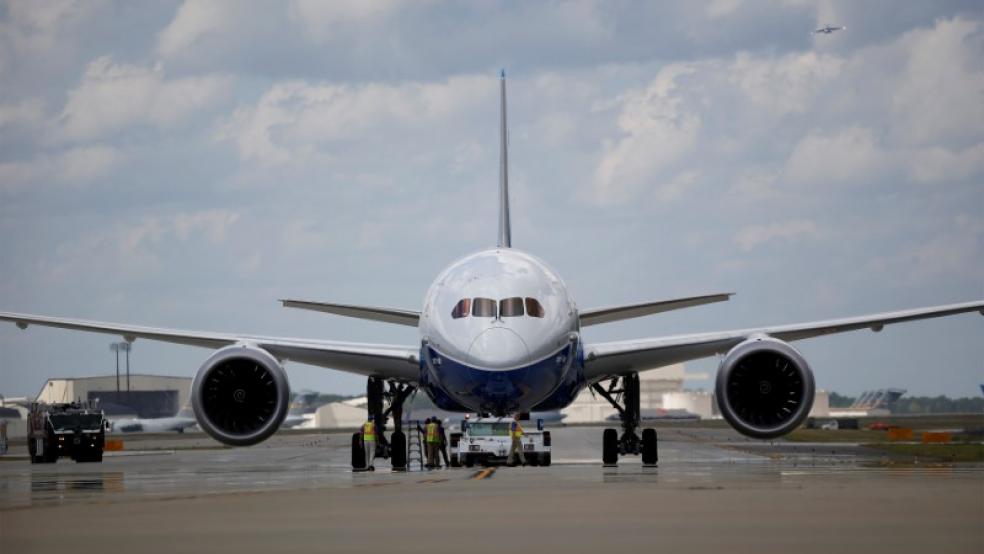Republican leaders in Congress have been visiting major corporations around the country this week as part of a big PR push on tax reform.
House Ways and Means Committee Chairman Kevin Brady (R-TX) gave pep talks at UPS in Kentucky and AT&T in Texas, while House Speaker Paul Ryan visited Intel in Oregon and Boeing in Washington, working with corporate executives to build some excitement for tax reform among their employees, customers and political representatives – and ultimately, they hope, the American public.
Both politicians frequently cite the top corporate tax rate of 35 percent as a serious problem for U.S. businesses. Speaking at Boeing, Ryan said: "We have the worst, the least competitive tax system in the industrialized world. What does that mean? Well clearly and very specifically for Boeing, it means that we are taxing this business, these planes, your jobs in this country at a much higher tax rate than our foreign competitors tax theirs."
Critics have been lighting up the internet pointing out that Boeing isn’t the ideal poster child for corporate tax reform since it and many other major corporations don’t pay anything like a 35 percent tax rate. Matthew Gardner of the left-leaning Institute on Taxation and Economic Policy points out that according to ITEP’s analysis, Boeing has paid an effective tax rate of 5.4 percent over the last eight years, while AT&T has paid 8.1 percent.
Ben Spielberg of the Center of Budget and Policy Priorities made the same point, slicing the data a different way. He tweeted: “Paul Ryan just complained that Boeing faces a 35% tax rate. In reality, they paid 23% in 2016 & an average of only 3% for the past 15 years.”
Critics at ITEP and elsewhere worry that Republicans in Congress will use the claim that U.S. corporations pay heavy taxes to roll back the top tax rate — to as low as 20 or even 15 percent — while failing to eliminate the multitude of tax breaks and loopholes that allow giants like Boeing and AT&T to pay very low taxes under the current rules.




